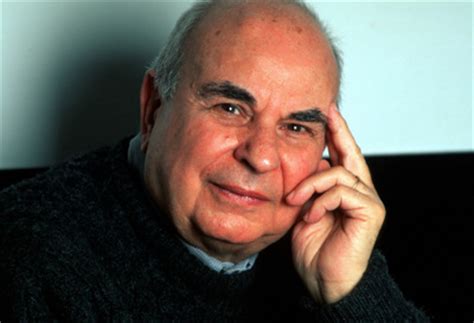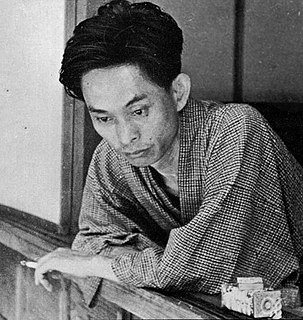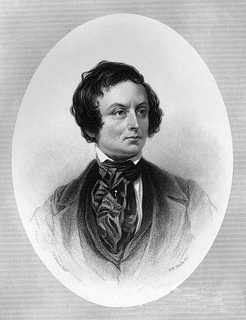A Quote by Aristotle
The true nature of anything is what it becomes at its highest.
Related Quotes
The study of Nature is intercourse with the highest mind. You should never trifle with Nature. At her lowest her works are the works of the highest powers, the highest something in the universe, in whichever way we look at it... This is the charm of Study from Nature itself; she brings us back to absolute truth wherever we wander.
Meditation is object-less. If you use any object, then it is not meditation; it becomes thinking. It becomes contemplation; it becomes reflection, but not meditation. This is the most essential point to be understood. This is the essence of a meditative state: that it is object-less. Only consciousness is there, but not conscious ABOUT anything. Consciousness without being conscious of anything - this is the nature of meditation.
When a man in the process of dreaming becomes conscious that he is dreaming, he is no longer identified with the phenomena; he is not affected exultantly or dolefully. God consciously dreams His cosmic play and is unaffected by it's dualities. A yogi who perceives his real self as separate from his active senses and their objects never becomes attached to anything. He is aware of the dream nature of the universe and watches it without being entangled in its complex but ephemeral nature.
Our nature is to worship, but unless that element is directed towards God it becomes "a senseless impersonal force, carrying us away in its momentum. It becomes a search for ecstasy - no matter what kind achieved through destruction...The worshipful integraton of nature in the person is inverted in a hellish imprisonment of the individual in nature."
True art means if it helps you to become silent, still, joyous; if it gives you a celebration, if it makes you dance—whether anybody participates with you or not is irrelevant. If it becomes a bridge between you and God, that is true art. If it becomes a meditation, that is true art. If you become absorbed in it, so utterly absorbed that the ego disappears, that is true art.
In a true you-and-I relationship, we are present mindfully, nonintrusively, the way we are present with things in nature.We do not tell a birch tree it should be more like an elm. We face it with no agenda, only an appreciation that becomes participation: 'I love looking at this birch' becomes 'I am this birch' and then 'I and this birch are opening to a mystery that transcends and holds us both.







































